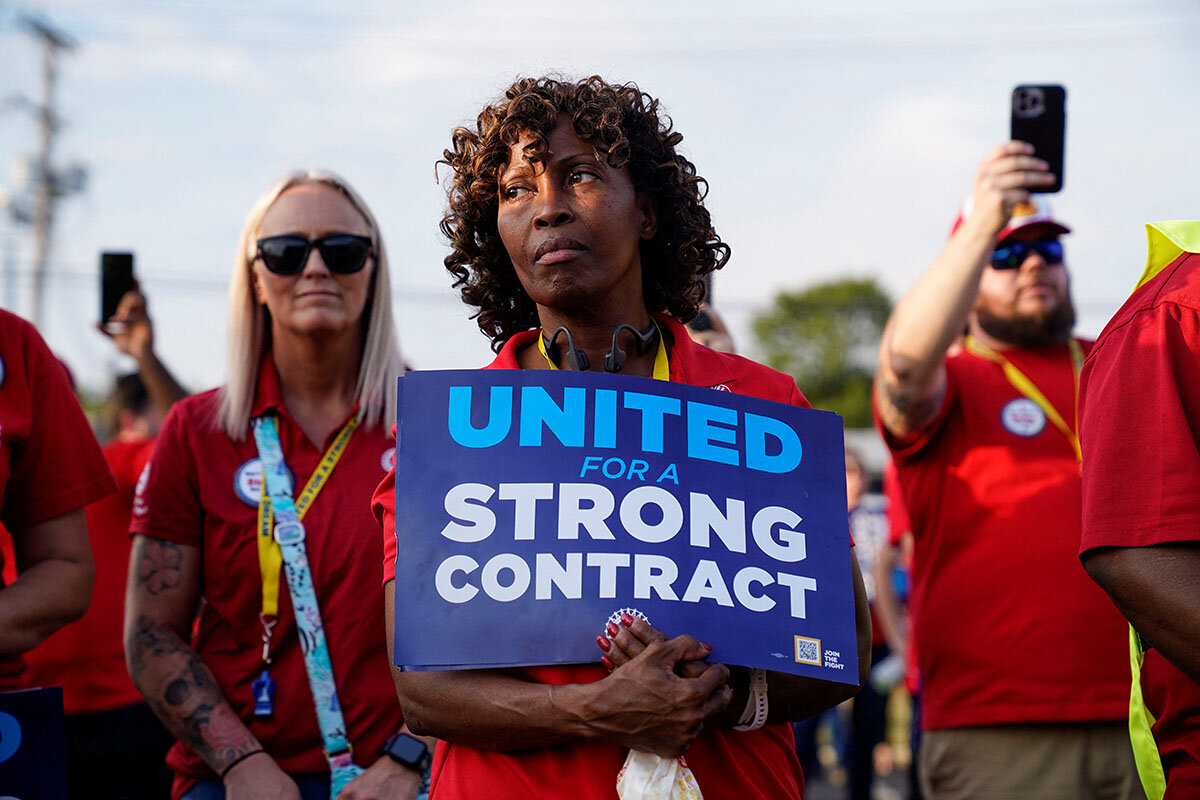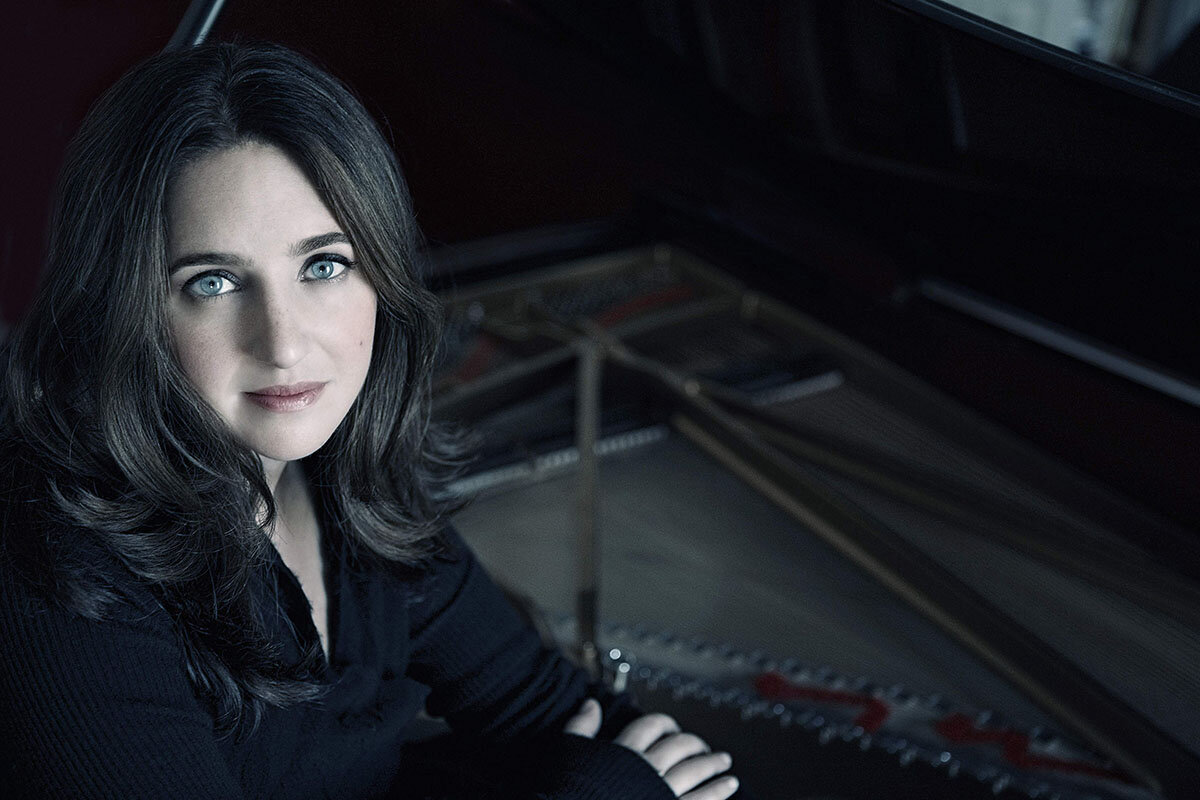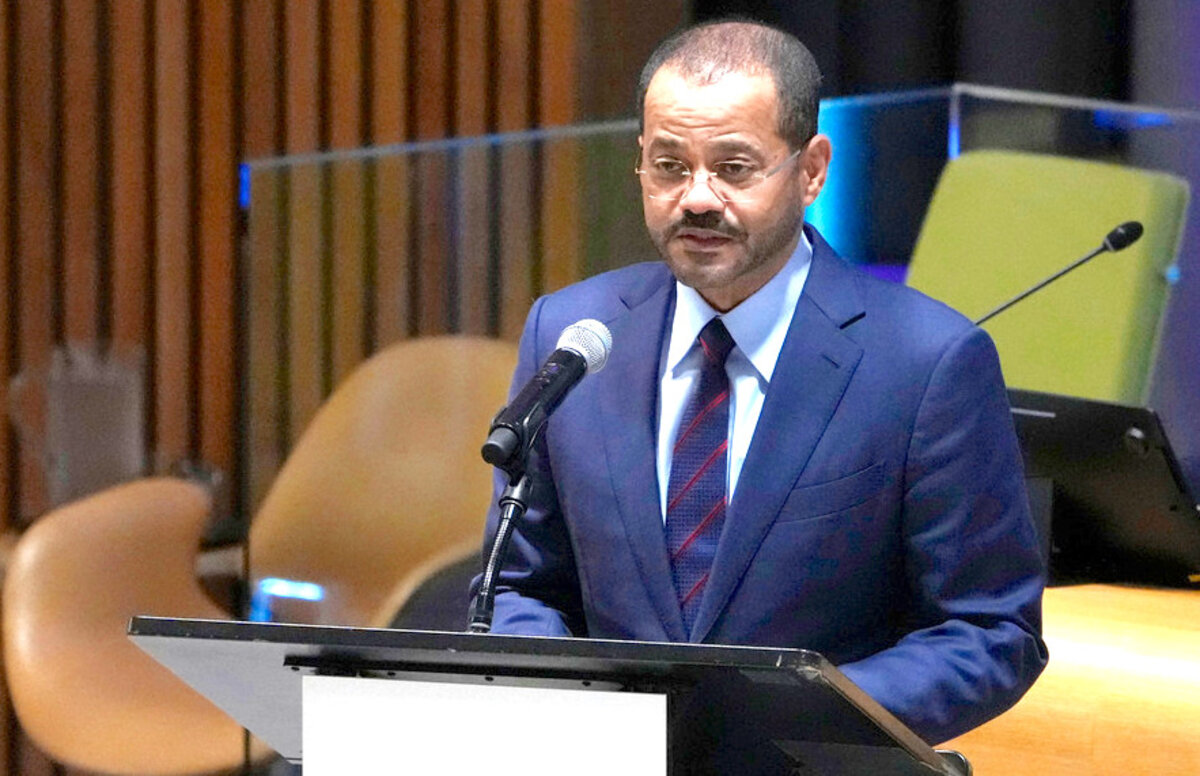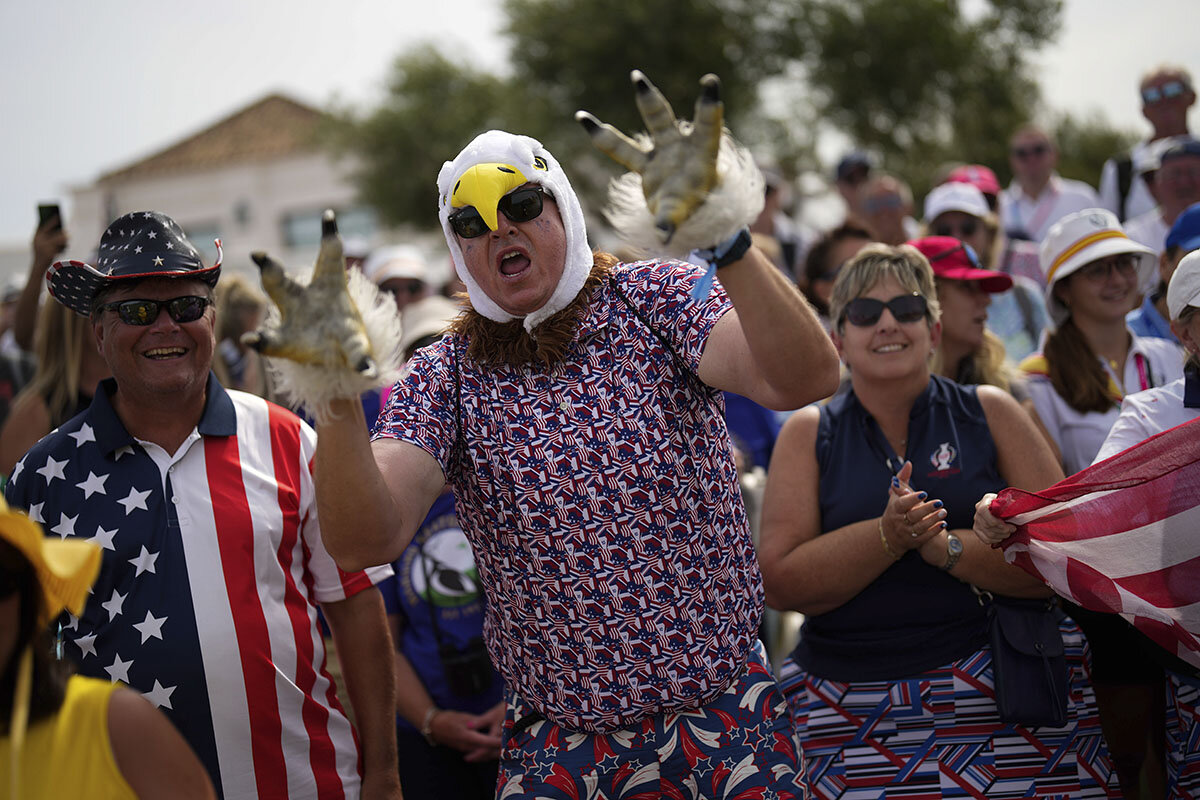A weeklong U.S. auto strike hinges on two competing visions at a time of industry upheaval: workers focusing on fairness and companies eyeing the uncertainty of their electric transition.��It’s high stakes for both.
Monitor Daily Podcast
- Follow us:
 Stephen Humphries
Stephen Humphries
Can music change the world, as Beethoven claimed?��A new book, “Night Train to Nashville,”��chronicles how a radio station did just that. In 1946, radio advertising salesperson Gab Blackman spotted an untapped market: Black listeners. He persuaded WLAC in Nashville, Tennessee, to begin nighttime broadcasts of “race music.”
“There were so many African Americans living in rural poverty, and this gave them ... a virtual town square,” says Mr. Blackman’s granddaughter Paula Blackman, who wrote the book.
Mr. Blackman was motivated by profit, not social justice. In his youth, he’d performed in minstrel shows in blackface. But he came to oppose segregation after daily interactions with performers such as Louis Jordan and B.B. King. The Black musicians on WLAC reached ears across the United States, including those of a young Bob Dylan.
“When it really started changing the world is when white teenagers joined that community,” says Ms. Blackman. “They were identifying with the musicians that were writing these lyrics.”
Ms. Blackman says her book isn’t a white-savior narrative. It tells a parallel story of Black businessperson Sou Bridgeforth, whose Nashville nightclub attracted the R&B stars getting airplay on WLAC. The book doesn’t shy away from his experience of Jim Crow-era bigotry.
“The heart of the book is to try and get us to better understand each other [just] as Gab and Sou learn to better understand the other’s culture and upbringing and what made them the way they were,” says the author.
In 1956, a Black college invited white students throughout Music City to a historic concert featuring Little Richard. Other biracial events followed. WLAC’s disc jockeys used coded language to tip off listeners where civil rights protests were taking place. Nashville became the first city in the South to desegregate.��
“This is a true account of Nashville at that time,” says Ms. Blackman. “I hope people learn from it.”










